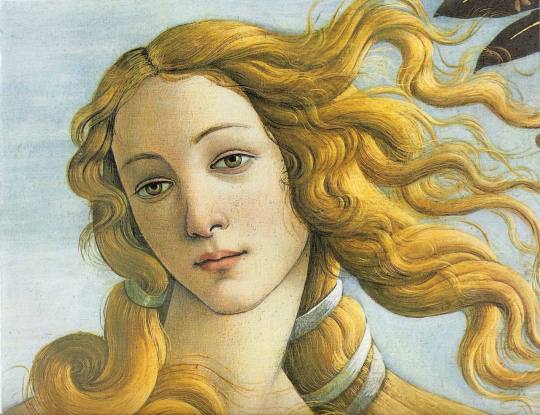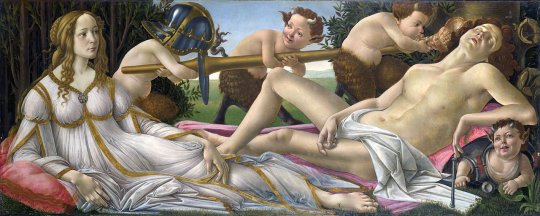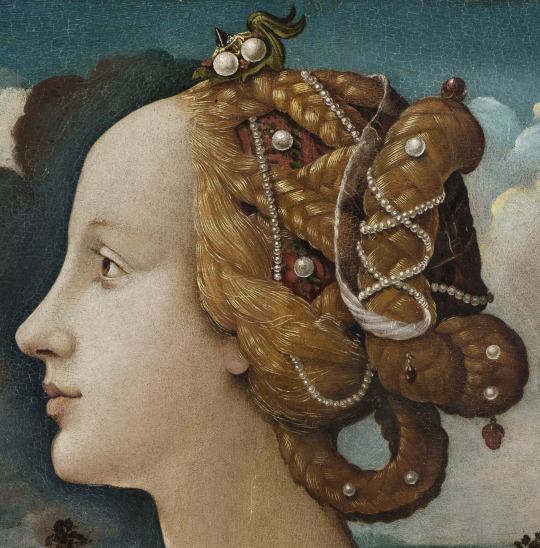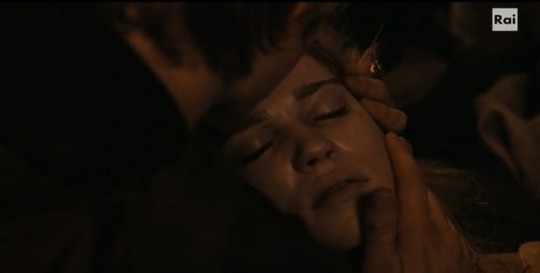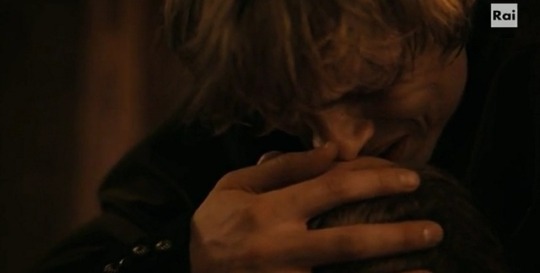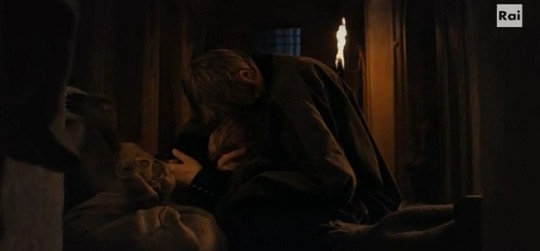Don't wanna be here? Send us removal request.
Photo

Natalie Wood / production still from Blake Edwards’ The Great Race (1965)
466 notes
·
View notes
Text
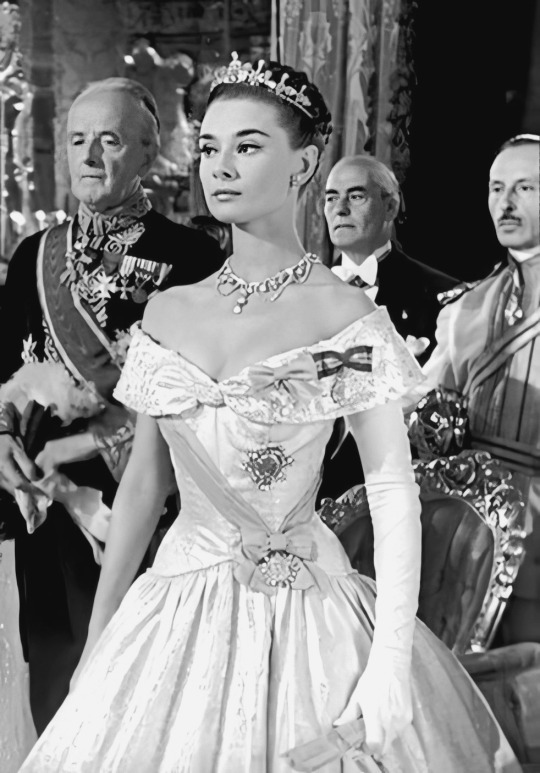
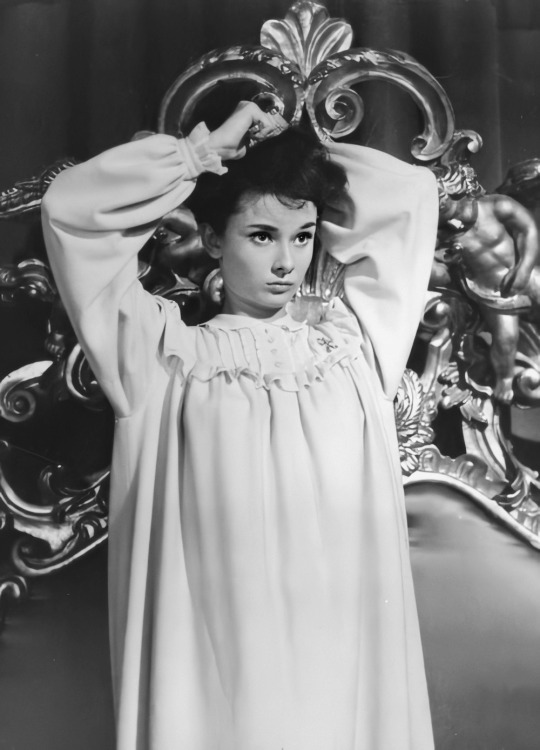
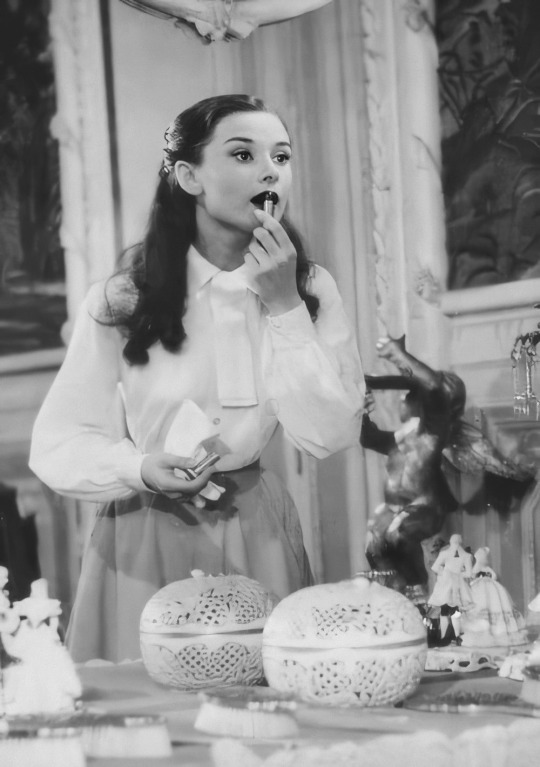

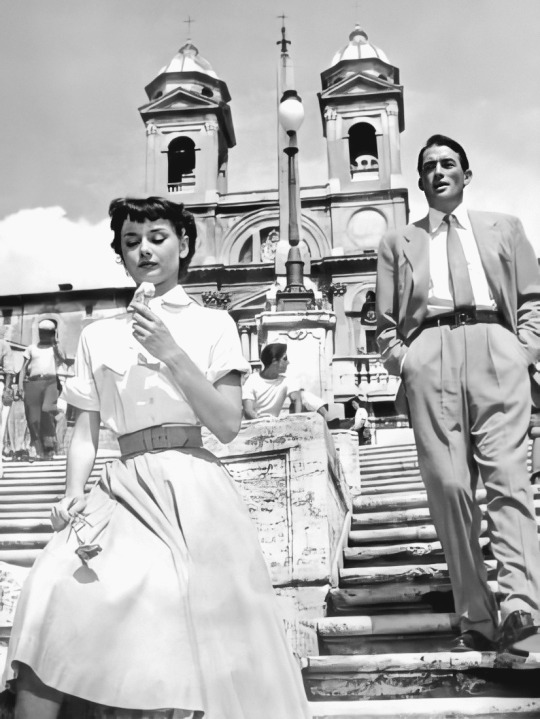
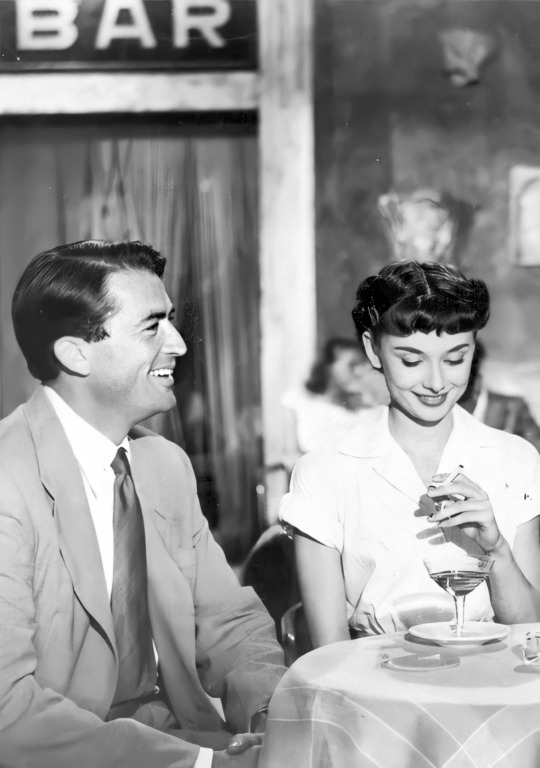
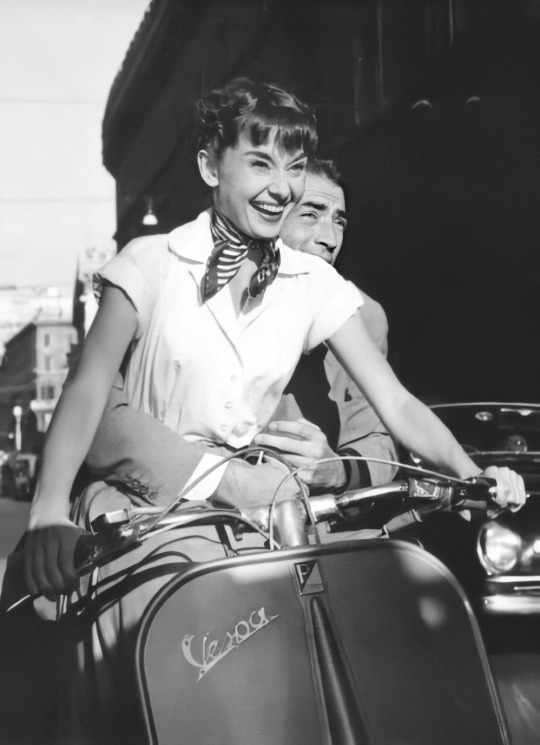
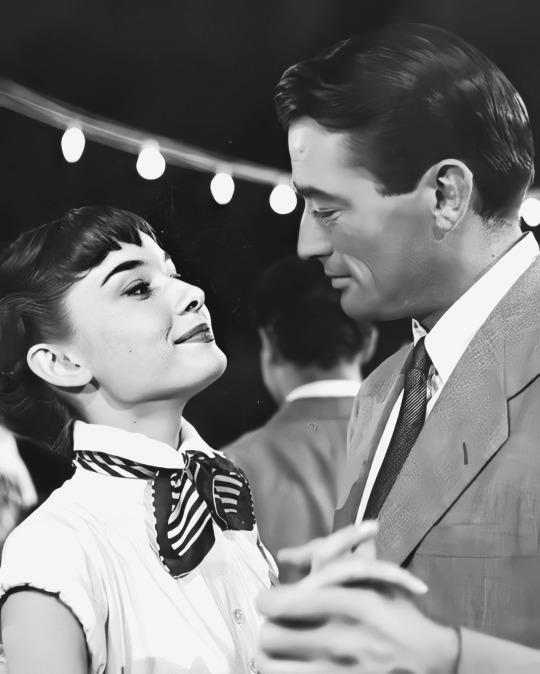
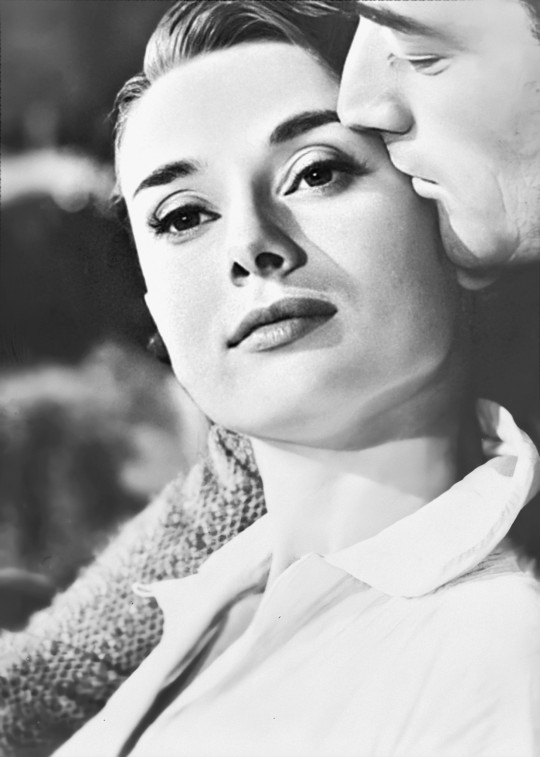
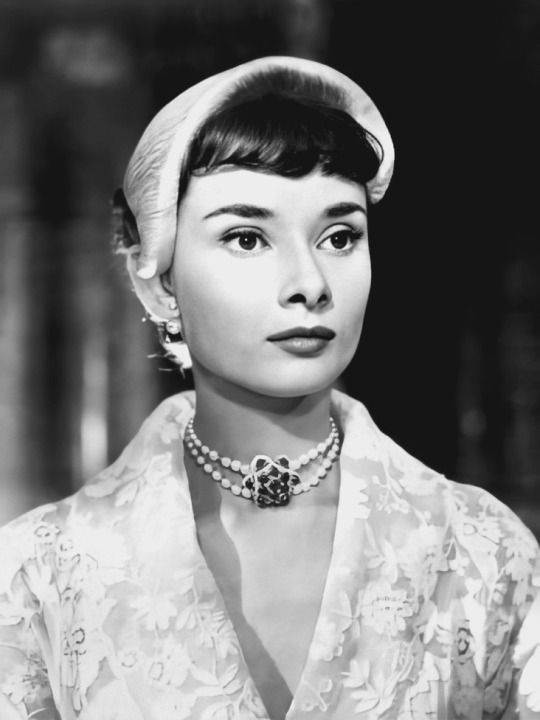
August 3, 2020
Movie of the day: Roman Holiday, 1953
Director: William Wyler 🎬
Audrey Hepburn, Gregory Peck, Eddie Albert
556 notes
·
View notes
Photo

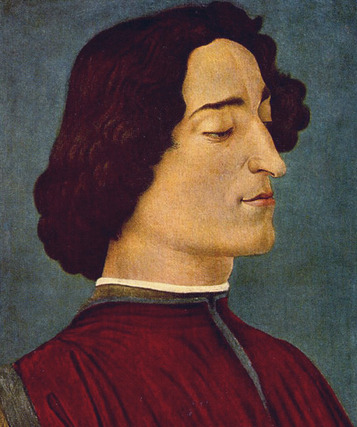

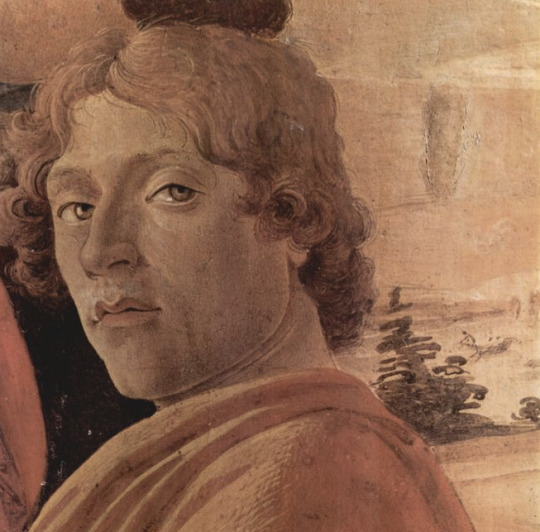
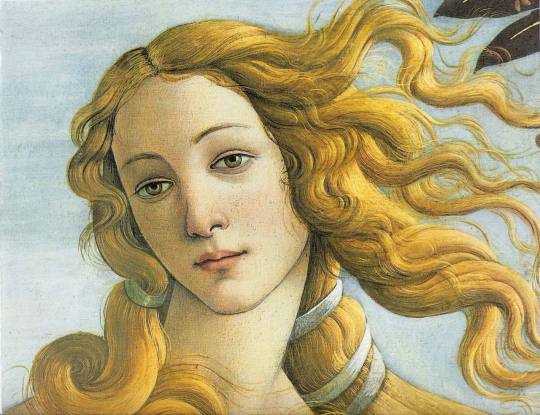
Lorenzo the Magnificent, Giuliano de Medici, Angelo Poliziano, Sandro Botticelli and Simonetta Vespucci, c. 1470s/80s
Renaissance Florence. A time of Platonic Love (the love for a woman that inspires the heart and soul toward the heavenly realm). And exploration of Humanist ideas and ideals.
Lorenzo the Magnificent is the unofficial ruler of Florence. He is loved by all.
Giuliano de Medici is his brother and friend.
Sandro Botticelli is the favourite painter of the brothers and attends their court.
Simonetta Vespucci is the most beautiful woman in Florence. Married to Marco Vespucci, she is known as La Bella Simonetta.
Angelo Poliziano is a scholar and poet of the court.
A tale of Platonic Love:
In 1475 there is a jousting tournament in the Piazza Santa Croce. It is hosted by Lorenzo the Magnificent. Giuliano de Medici carries a banner with a picture of Simonetta as Pallas Athena. He rides for her. Beneath the banner is the French inscription La Sans Pareille (the unparalleled one). The banner was painted by Botticelli. Giuliano wins the tournament and thus becomes Love’s Champion. He gains Simonetta’s platonic affection and she is nominated The Queen of Beauty. Poliziano writes a poem to celebrate the great tournament, La Giostra.
A tale of Real Love:
Rumour has it… Botticelli was in love with Simonetta. He painted her time and time again. She was his Muse. The Venus in the Birth of Venus is Simonetta. The Madonna in Madonna the Magnificent is Simonetta. Over and over again. His paintings were an expression of his great love for her. He requested to be buried at her feet in the Church of Ognissanti in Florence. His wish was carried out. And so his devotion to her becomes immortal.
Whether this tale is true or not is of no importance. It is a beautiful and romantic story. And the world needs more beauty and more romance. So thank you Botticelli.
95 notes
·
View notes
Text
Ok wait what is with Assassin’s Creed treating historical female characters so poorly? I am not even talking acout Mary and Anne at this point, my brother is re-playing Brootherhood and we noticed that Cristina Vespucci is described as a beauty so great that Botticelli had painted her several times Being an art student this obviously caught my attention and I did some research.
SIMONETTA Vespucci was a Florentine beauty so renowned that several artists and poets used her as an inspiration. Her appearance was even used as a model for Botticelli’s Birth of Venus, even though the painting was created after her death.
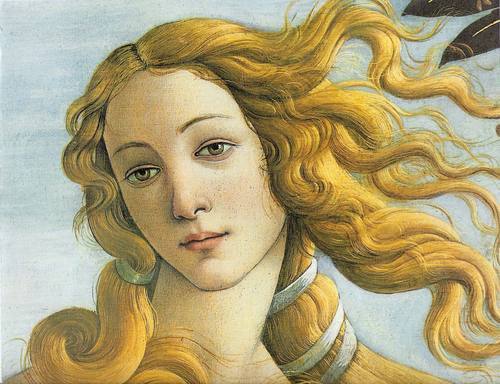
She was very admired and apparently thousands walked her coffin to the grave. She was even named the most beautiful woman of her age, and named ‘queen of beauty’. Poets and letters about her mention that she was sweet and rather shy, which definitely doesn’t line up with the AC version.
Why would they change her name, life story and even her god damned hair colour is beyond me.
32 notes
·
View notes
Photo

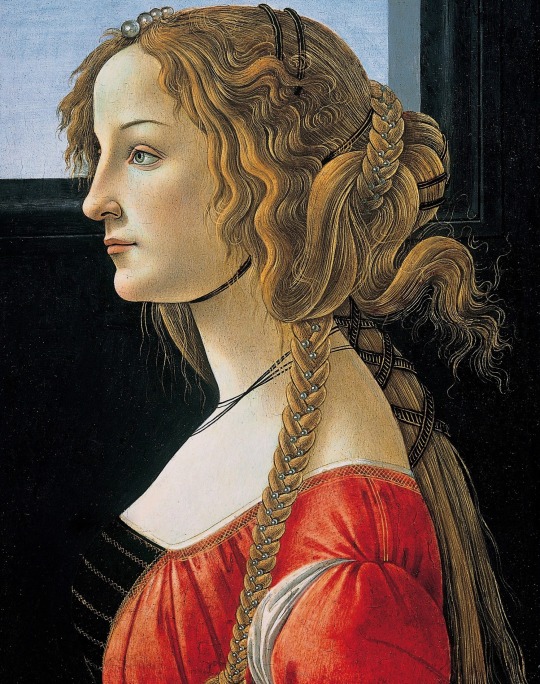
I actually think these are two sides of the same hairstyle.
Portrait of a Young Woman (Probabiby Simonetta Vespucci) - Sandro Botticelli
Portrait of Simonetta Vespucci - Sandro Botticelli
18 notes
·
View notes
Photo
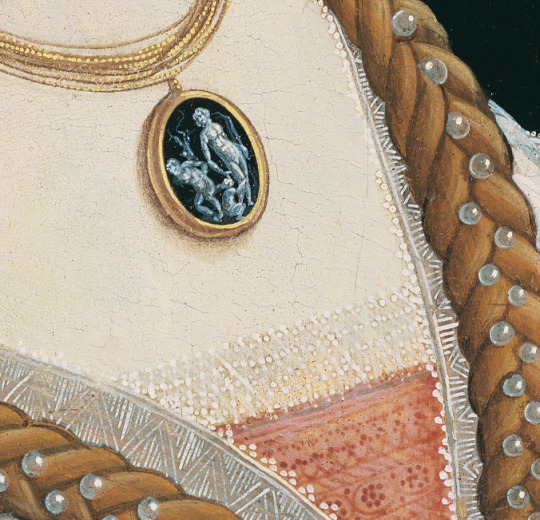
Botticelli c. 1480
Simonetta Vespucci (detail)
2K notes
·
View notes
Photo
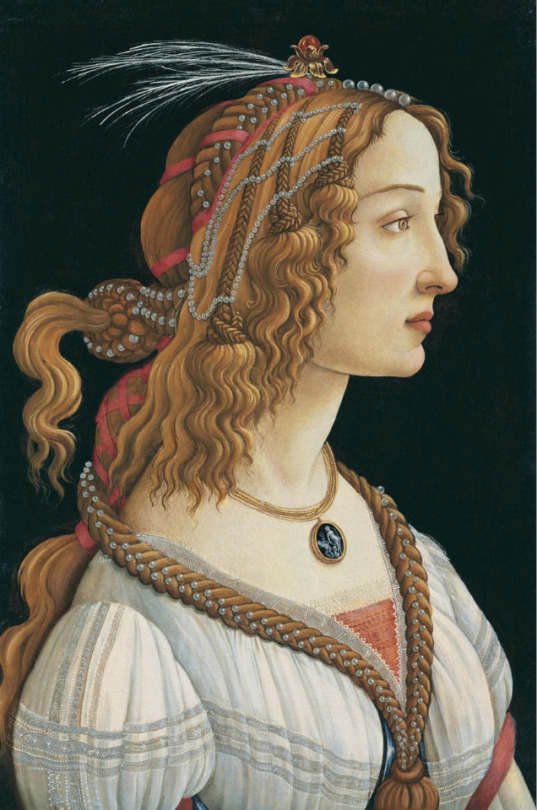
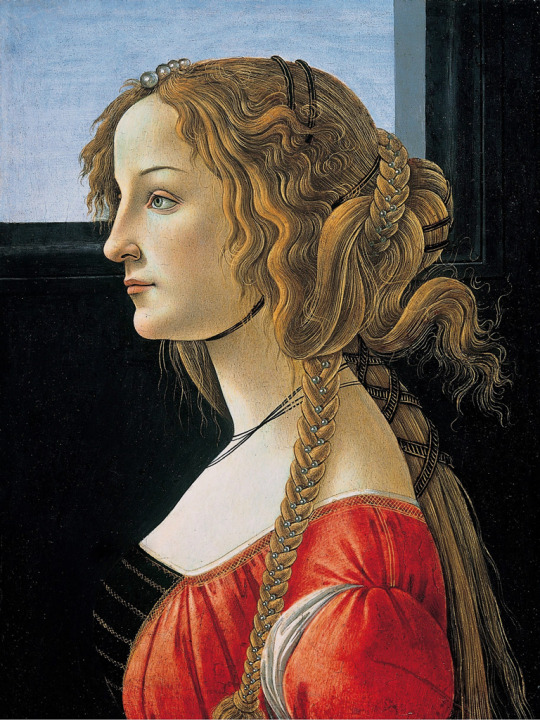
Portraits of Simonetta Vespucci by Sandro Botticelli (c. 1480) Located in Frankfurt and Berlin.
107 notes
·
View notes
Photo
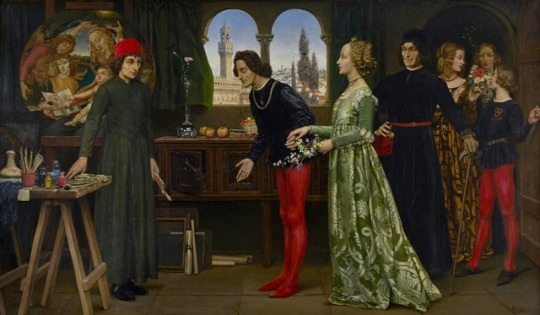
Eleanor Fortescue-Brickdale ( British,1872 – 1945)
‘Botticelli’s studio: The first visit of Simonetta presented by Giulio and Lorenzo de Medici’ 1922
231 notes
·
View notes
Photo
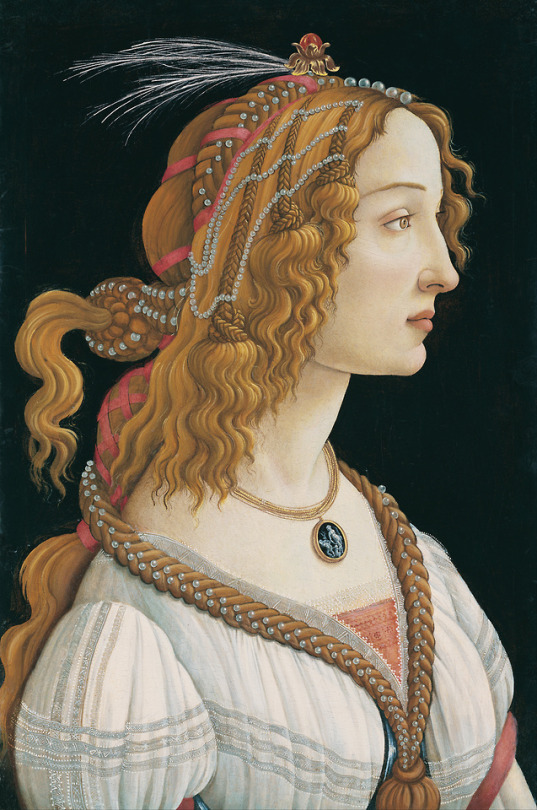
Sandro Botticelli - Idealized Portrait of a Lady (Portrait of Simonetta Vespucci as Nymph)
17 notes
·
View notes
Text
How I imagine Giuliano and Simonetta in the afterlife:

189 notes
·
View notes
Text

Sopporterei la dannazione: insieme all’inferno per l’eternità, meglio che un giorno senza di lei sulla terra // Di liberarvi se non da una gabbia, dalle offese del tempo. Vi renderò immortale.
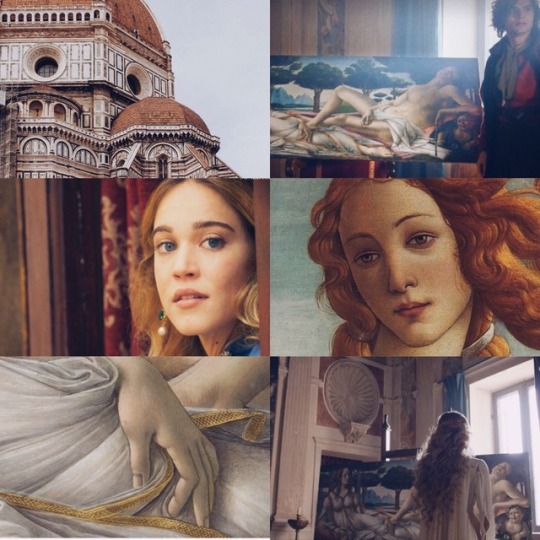
210 notes
·
View notes
